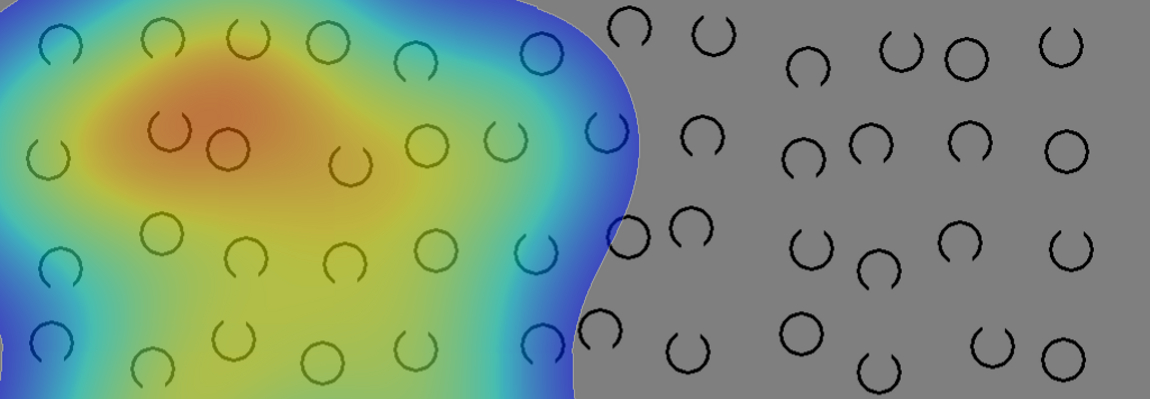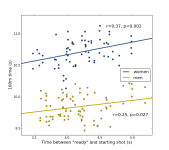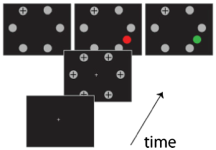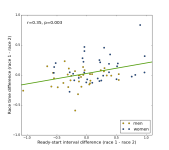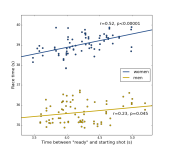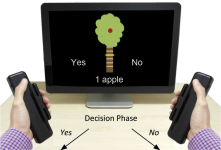NVP Winter Conference 2015
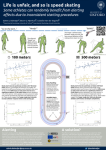
The Dutch Psychonomic Society’s biennial Winter Conference is upon us! Here, Dutch and international members of the Society meet to discuss cutting edge research. I’ll be there to listen to all of the amazing speakers, and to present a poster on our work in speed skating. Read this post for some additional info, and for a digital copy of the poster.







